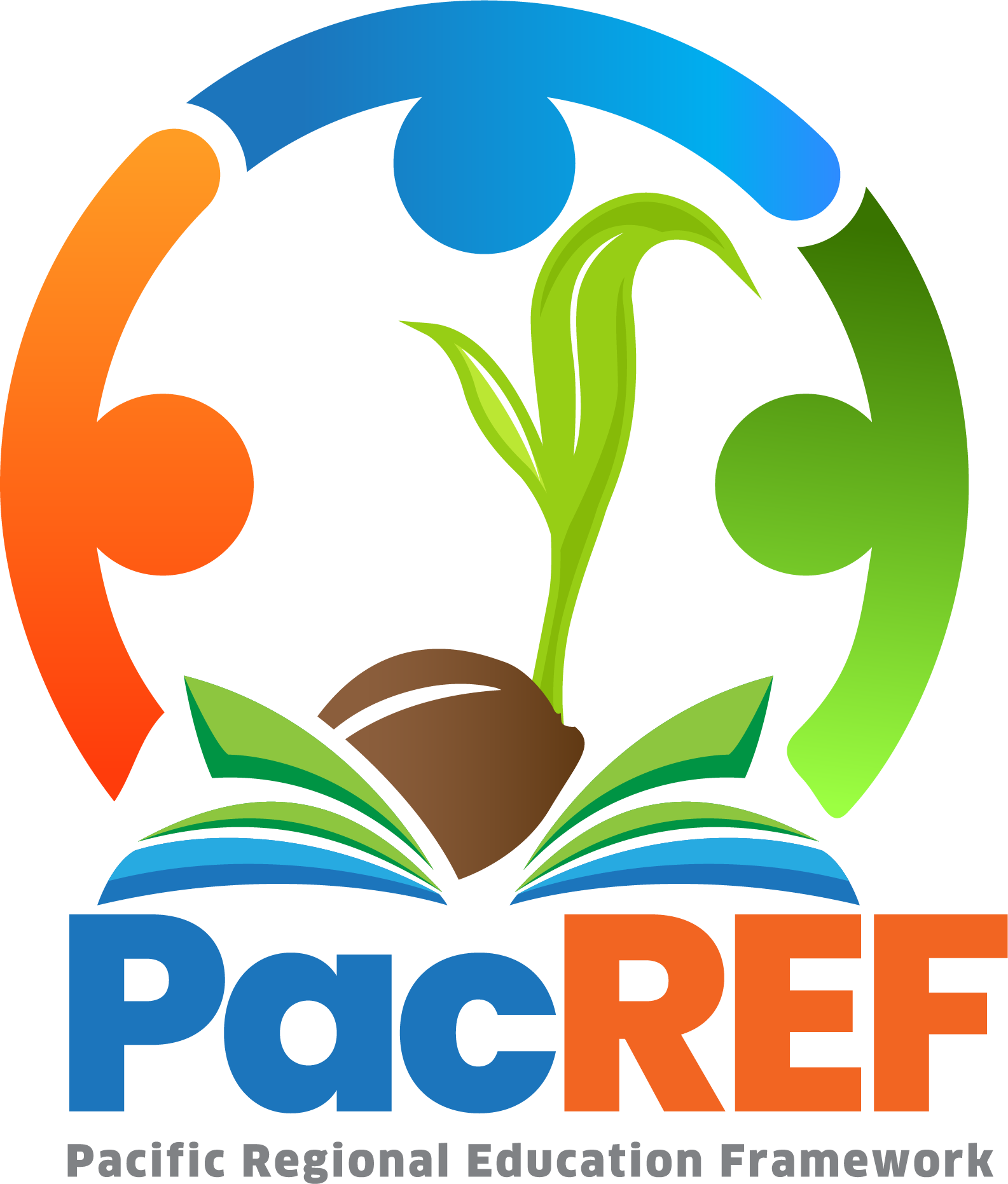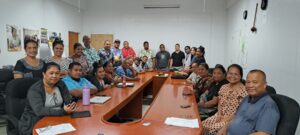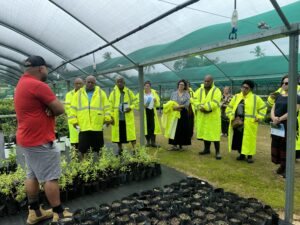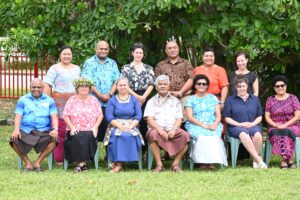In early June 2023, a group of more than 20 education planners, statisticians and department heads from eight Pacific Island Countries embarked on a collective journey to boost their knowledge and skills in planning education during times of crises.
The 6-weeks online course was provided by UNESCO’s International Institute for Educational Planning with additional support from UNESCO’s Pacific Regional Education Framework project team. The course boosts education administration staff competencies and technical skills to analyse the impact of risks such as natural hazards and climate change and to identify policies and programmes in their countries to protect the lives of learners and teachers and safeguard education investments.
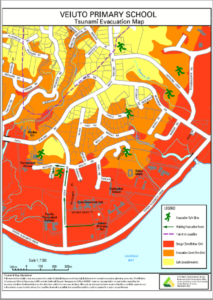
During a recent webinar organized specifically for the Pacific group, Mr. Rapuama Corerega, Senior Education Officer Planning of the Ministry of Education Fiji spoke to Fiji’s experience in crisis management in education and the role of data in preparing for, mitigating and responding to tropical cyclones, tsunamis and floods. Between 2016 and 2023, Fiji experienced ten tropical cyclones that devastated households. Tropical cyclone Winston, one of the strongest storms ever recorded in the Southern Hemisphere, sprawled across the Fiji Islands in February 2016, causing havoc. 497 schools were damaged or destroyed, schools were used as evacuation centers and schooling stopped for a brief period. Such events hamper the delivery of education services and jeopardize the achievements of countries’ education goals when school communities and education administrations are not properly equipped. Fiji’s Ministry of Education Disaster Operation Center brings together key data and information from schools in the country’s four divisions, ensures that data is analyzed, verified and triangulated before actions are taken to support learners and teachers affected. Mr. Corerega shared the Ministry of Education’s experience in making better use of various data sources to inform national decisions and provide timely information to the public in times of natural disasters but also to prepare for potential emergencies such as with the provision of Tsunami evacuation maps for schools located in areas below 10 meters.
Ministry of Education colleagues from the Solomon Islands, Vanuatu and Papua New Guinea equally shared experiences and highlighted remaining challenges they face when collecting data from schools affected in the outer islands and other remote areas, the need to boost skills in data analysis and utilizing data consistently for policy and planning decisions in education.
The course is part of multiple PacREF activities at the regional and national levels strengthening education data ecosystems and improving the use of data for policy and planning.
Article submitted by the UNESCO’s Pacific Regional Education Framework project team.
